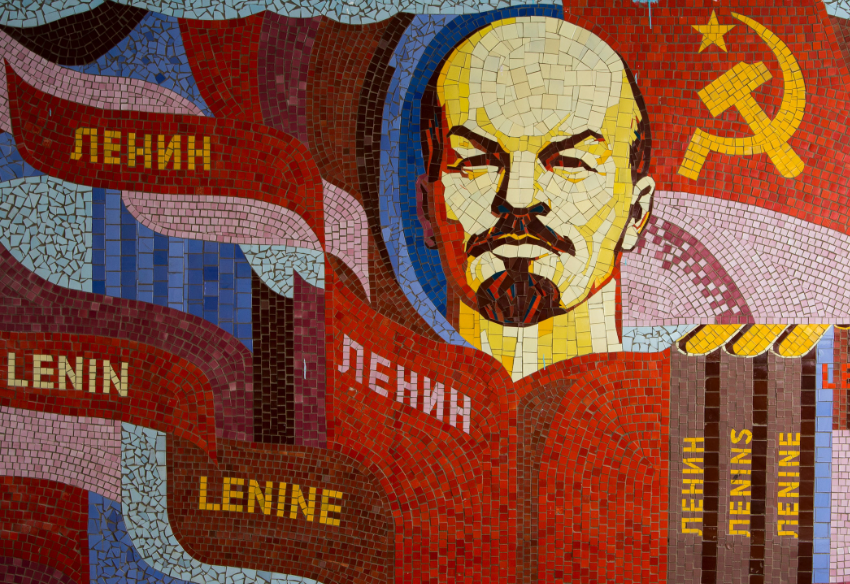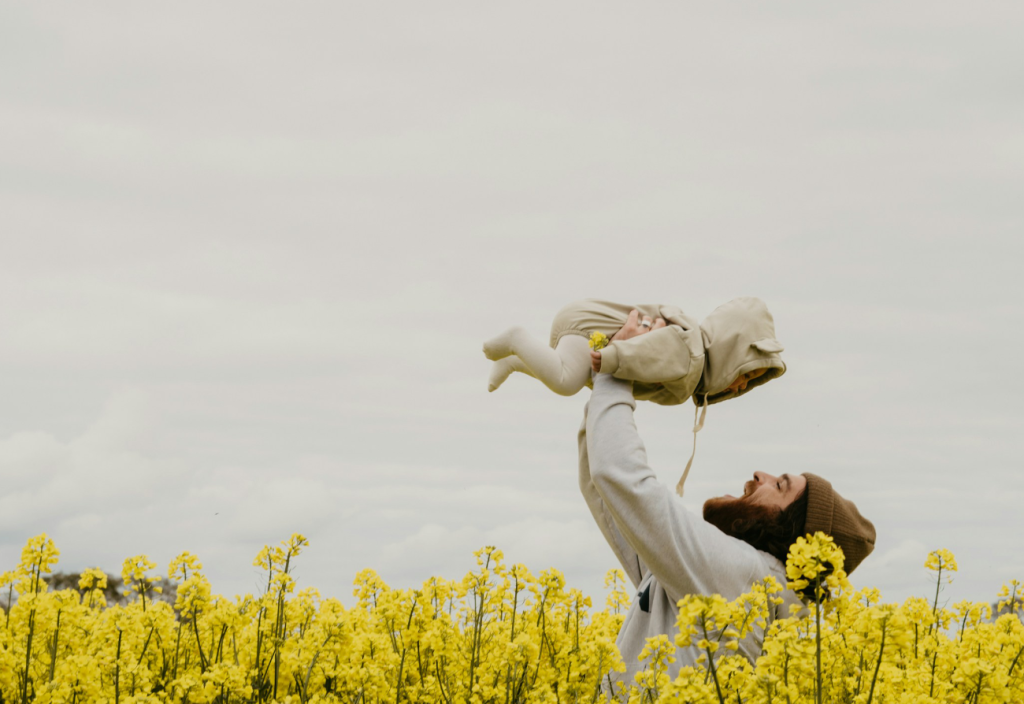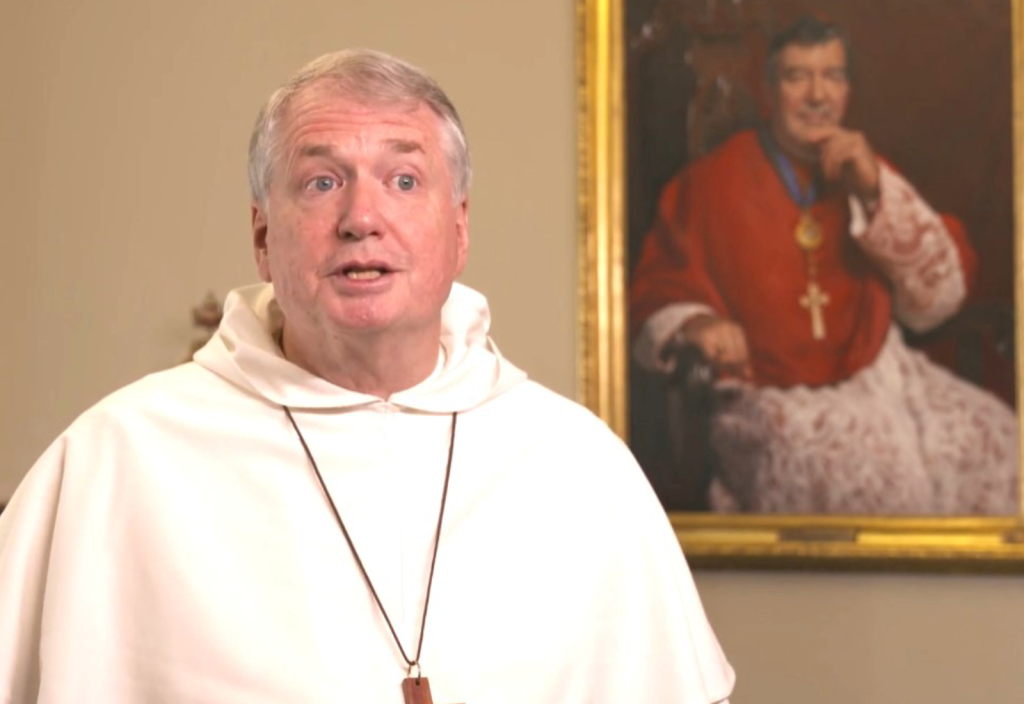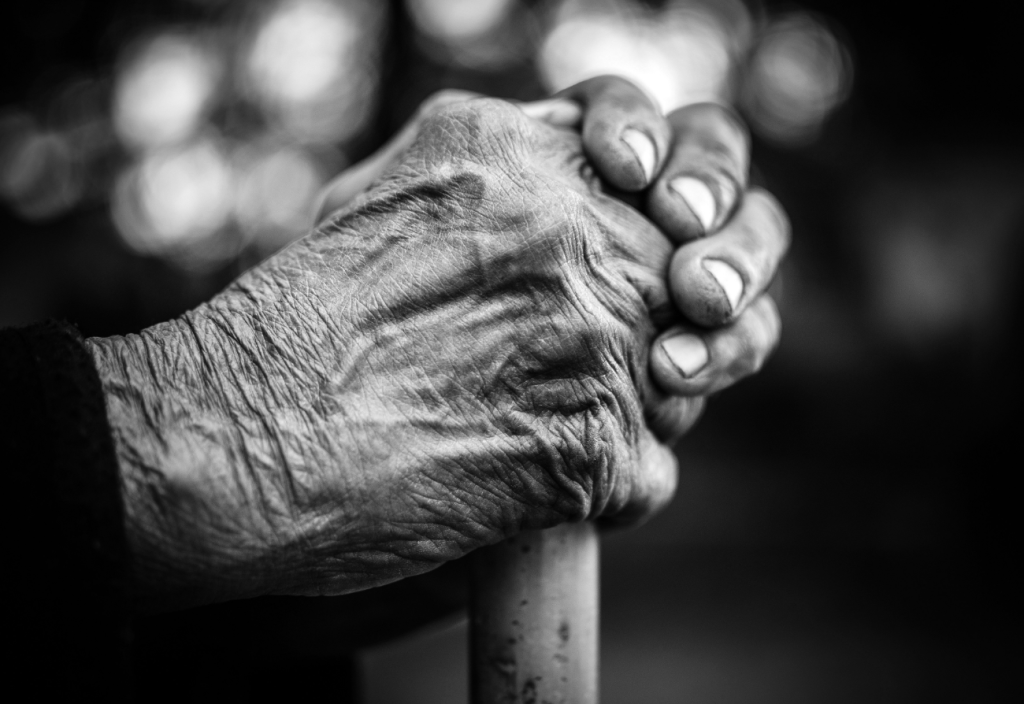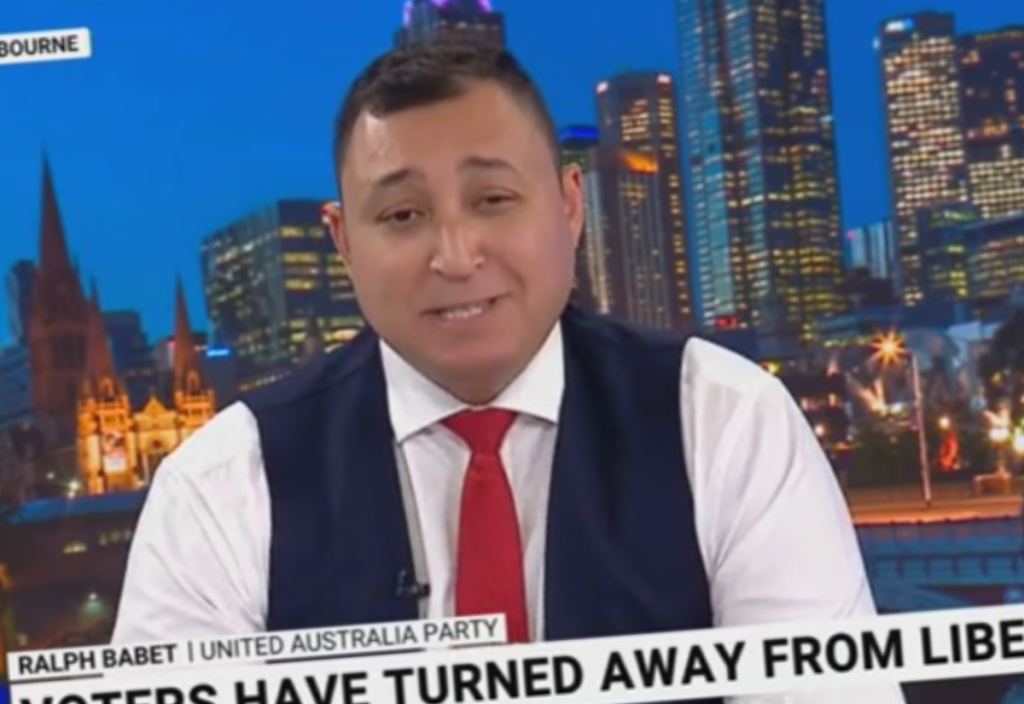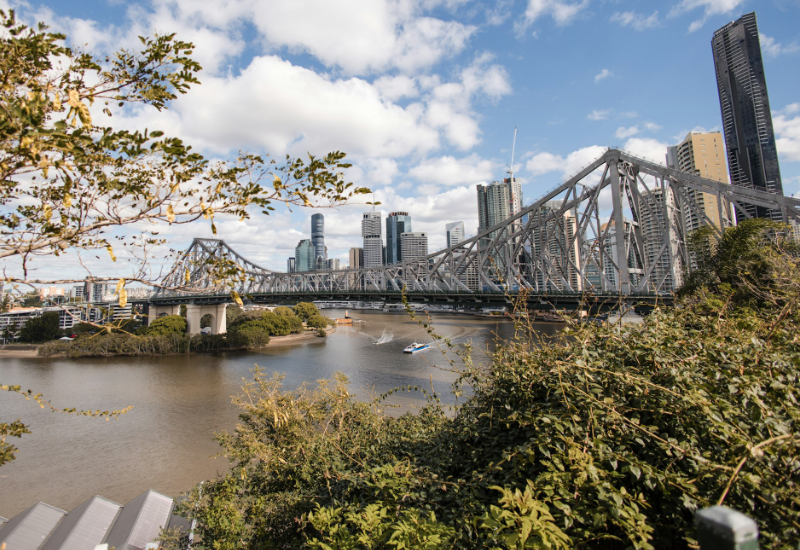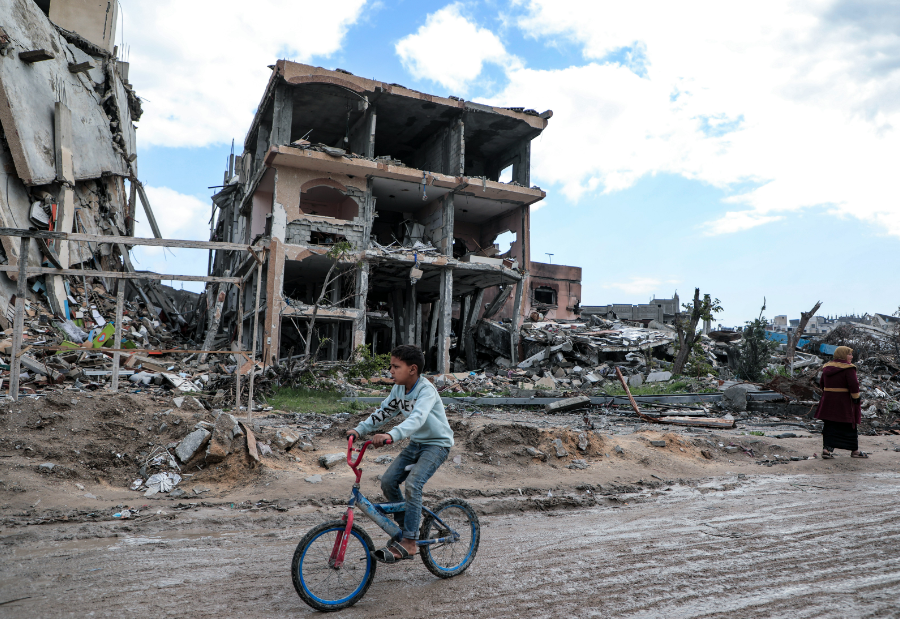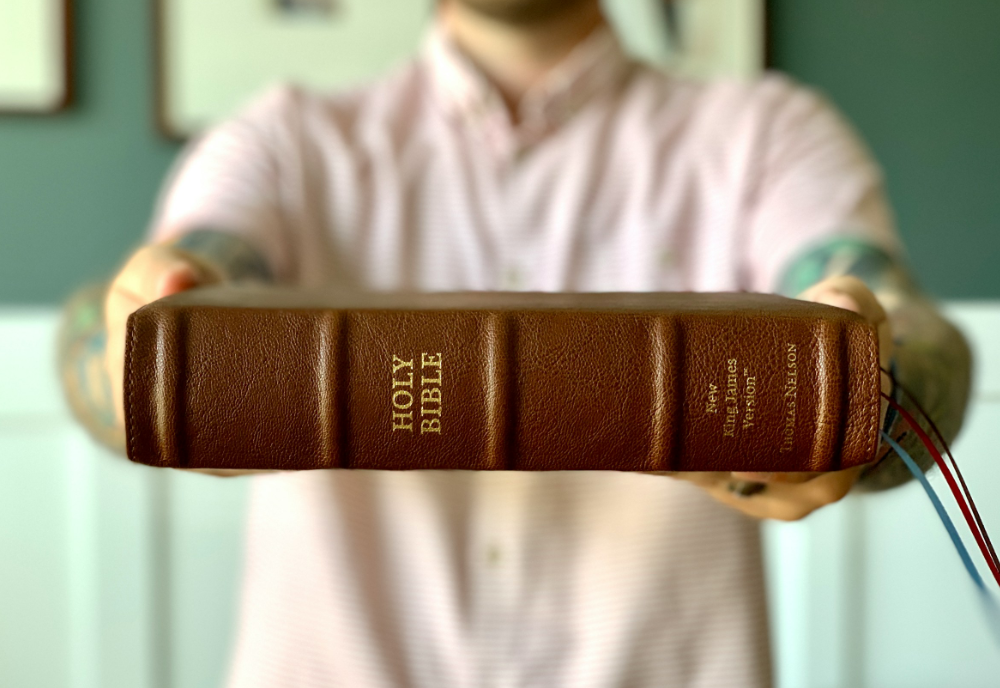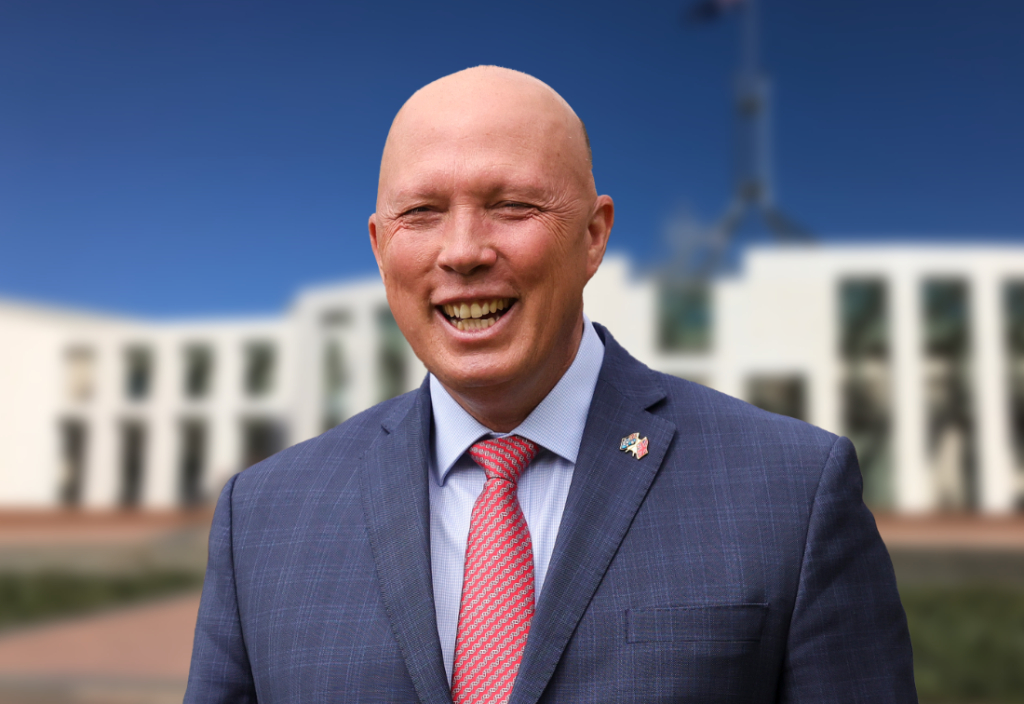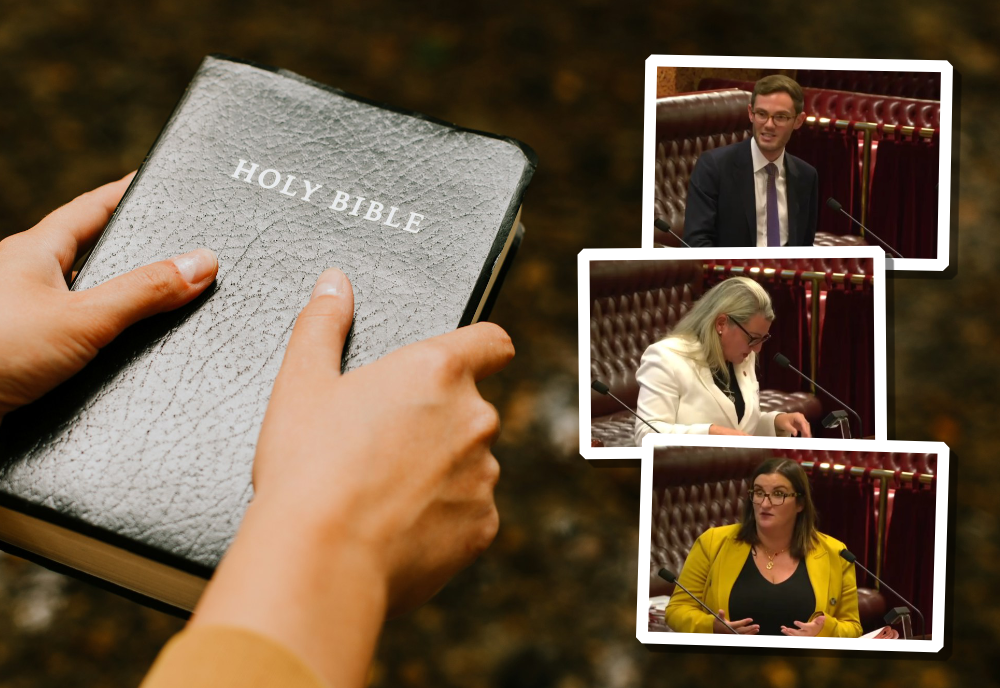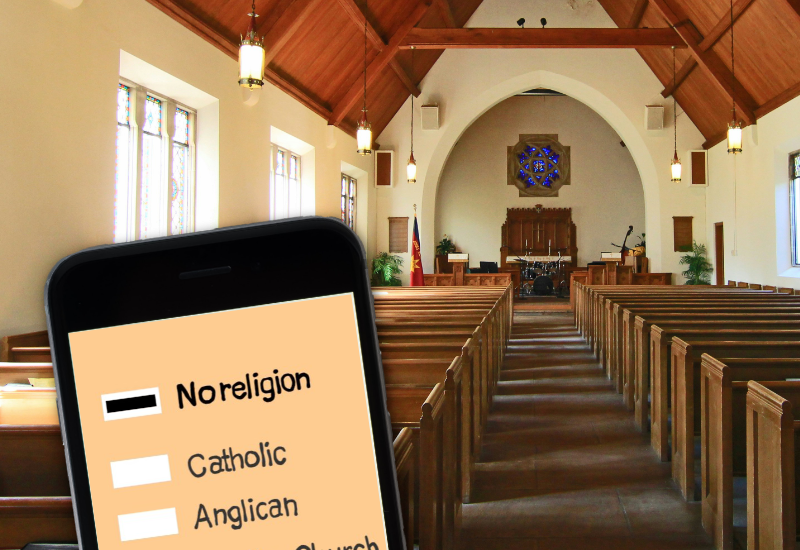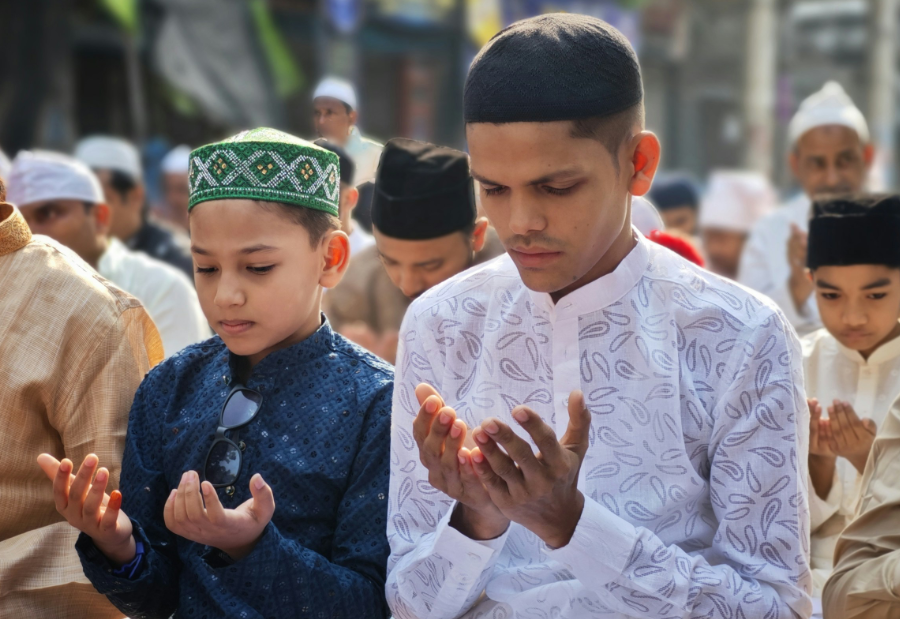The Russian writer Konstantin Paustovsky famously remarked that the great Russian humanist intelligentsia, who included Pushkin and Herzen, Tolstoy and Chekov, knew how to create high spiritual values. But, with few exceptions, they proved helpless at creating the organisation of a state. The Russian intelligentsia may not have been helpful, but there was enough collective wisdom in Russia to know what to do. As Antony Beevor has explored in his thoroughly researched and well-written book, Russia: Revolution and Civil War 1917-1921, after the collapse of the Tsarist state, Russia needed a Constituent Assembly. All the key decisions about laws, the political system and the ownership of land would be made by that gathering. The Assembly’s membership was, in fact, determined by public vote. The Bolsheviks received only a quarter. Another party, the Social Revolutionary Party, received 38 per cent of the vote, although this party was split between the right-wing Social Revolutionaries and the left-wing members who voted with the Bolsheviks. Early in the actual meeting of the Assembly, a Bolshevik delegate demanded that it recognise the All Russian Soviet as the Supreme Power. Subsequent speakers studiously avoided the demand. The meeting dragged on. Lenin had stacked the visitors’ gallery with his supporters and instructed them to make their presence felt, which they loudly did. Late in the proceedings, a Bolshevik delegate announced that, by refusing to acknowledge the supremac...
Blog
Tags:
Related Posts
07
Feb
Being child-free is not selfish
Editor’s note: If you would like to submit a letter for possible publication, please email it to editor@rationalist.com.au. See our ...
09
Jan
Taking issue with the Catholic archbishop’s heartless, offensive ‘kill teams’ comments
Editor’s note: If you would like to submit a letter for possible publication, please email it to editor@rationalist.com.au. See our ...
02
Dec
What motivated the ‘cruel’ assisted dying bill?
Editor’s note: If you would like to submit a letter for possible publication, please email it to editor@rationalist.com.au. See our ...
02
Nov
Leftism, a ‘mental illness’? Oh, Right!
Editor’s note: If you would like to submit a letter for possible publication, please email it to editor@rationalist.com.au. See our ...
07
Oct
A bridge to peace
Editor’s note: If you would like to submit a letter for possible publication, please email it to editor@rationalist.com.au. See our ...
25
Aug
Criticising Israel is not ‘antisemitic’
Editor’s note: If you would like to submit a letter for possible publication, please email it to editor@rationalist.com.au. See our ...
24
Jul
End the government funding of faith workers
Editor’s note: If you would like to submit a letter for possible publication, please email it to editor@rationalist.com.au. See our ...
10
Jun
‘Heritage’ is no argument against change on parliamentary prayers
Editor’s note: If you would like to submit a letter for possible publication, please email it to editor@rationalist.com.au. See our ...
12
May
Will the Coalition ever learn to stop imposing religion on the public?
Editor’s note: If you would like to submit a letter for possible publication, please email it to editor@rationalist.com.au. See our ...
31
Mar
Support for scripture program highlights bias of politicians
Editor’s note: If you would like to submit a letter for possible publication, please email it to editor@rationalist.com.au. See our ...
28
Feb
Census decision undermines credibility of ABS
Editor’s note: If you would like to submit a letter for possible publication, please email it to editor@rationalist.com.au. See our ...
05
Jan
The trouble with ‘Islamophobia’
Editor’s note: If you would like to submit a letter for possible publication, please email it to editor@rationalist.com.au. See our ...

